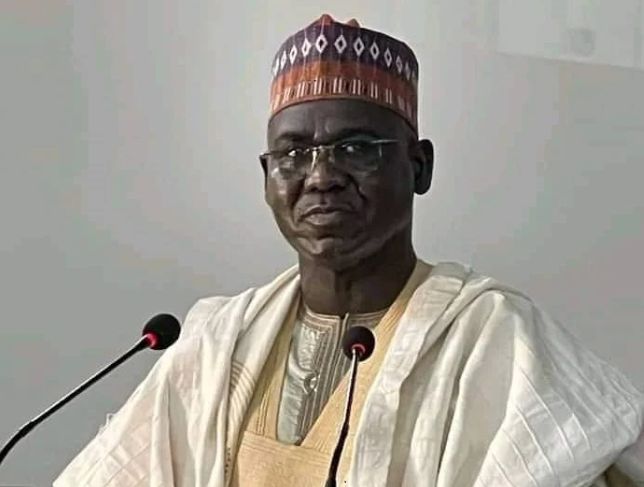Our Economic Reforms Yielding Dividends with Increased Revenues, Lower Debts, FG Tells World Bank

The Federal Government has reaffirmed its commitment to the ongoing economic reform agenda, informing the World Bank that recent policy measures are already yielding tangible results, including increased government revenues and a reduction in public debt.
This assurance was delivered by the Minister of Budget and Economic Planning, Senator Abubakar Atiku Bagudu, during a courtesy visit by the World Bank’s new Country Director for Nigeria, Mr. Matthew Verghis, at the ministry’s headquarters in Abuja.
Bagudu highlighted key indicators of progress, noting that economic reforms under President Bola Ahmed Tinubu’s administration such as the removal of petrol subsidies and the liberalization of the foreign exchange market have bolstered fiscal revenues and improved debt sustainability.
“We are seeing encouraging trends, particularly in the flow of funds to state and local governments. Our domestic debt levels are decreasing, and we’re on a credible path to economic stability,” the minister said.
According to the latest data, Nigeria’s public debt declined from $113 billion to $94.22 billion. Additionally, 33 states and the Federal Capital Territory have collectively repaid ₦1.85 trillion in domestic loans, reducing total state debts from ₦5.82 trillion to ₦3.97 trillion.
Bagudu also commended the World Bank for its continued technical and financial support, especially the recently released Nigeria Development Update, which he described as “a credible and independent validation of Nigeria’s reform progress.”
The World Bank, in turn, expressed satisfaction with Nigeria’s reform trajectory and reiterated its commitment to supporting the government’s efforts.
The Bank recently approved a $2.25 billion loan package for Nigeria $1.5 billion for economic stabilization reforms and $750 million to accelerate revenue mobilization.
However, the World Bank advised the government to remain steadfast in its reform path, urging the adoption of tight monetary policies and disciplined fiscal measures to tackle inflation and protect vulnerable populations.
As reforms continue to reshape Nigeria’s economic landscape, both the Federal Government and development partners maintain that sustained implementation is key to achieving long-term growth and macroeconomic stability.







